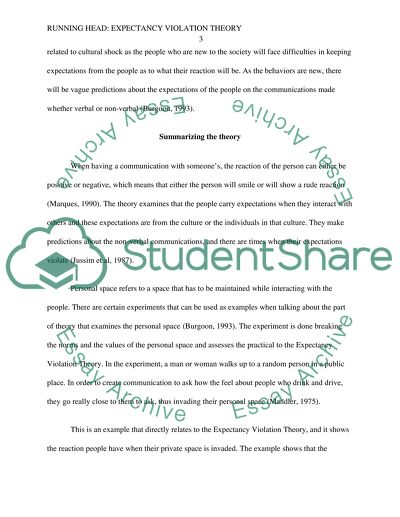Cite this document
(“Cultural Shock Research Paper Example | Topics and Well Written Essays - 1500 words”, n.d.)
Retrieved de https://studentshare.org/journalism-communication/1599015-cultural-shock
Retrieved de https://studentshare.org/journalism-communication/1599015-cultural-shock
(Cultural Shock Research Paper Example | Topics and Well Written Essays - 1500 Words)
https://studentshare.org/journalism-communication/1599015-cultural-shock.
https://studentshare.org/journalism-communication/1599015-cultural-shock.
“Cultural Shock Research Paper Example | Topics and Well Written Essays - 1500 Words”, n.d. https://studentshare.org/journalism-communication/1599015-cultural-shock.


